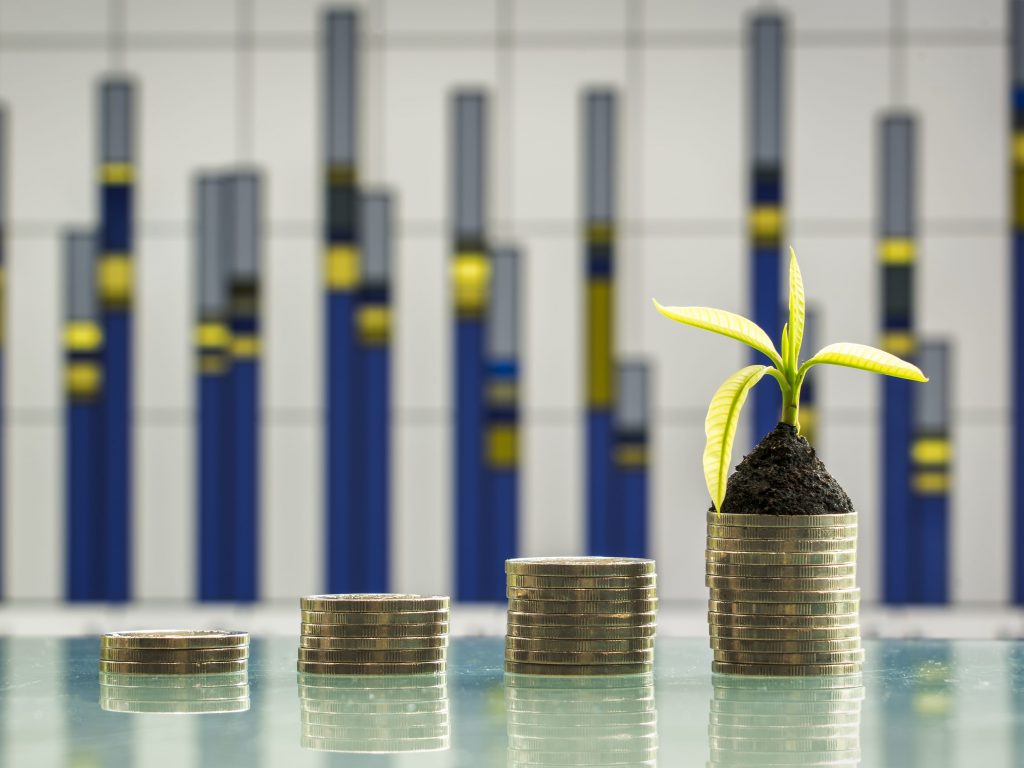- The SEC wants fund managers to back up their environmental and social claims.
- Environmental, social, and governance funds have grown rapidly, becoming a $3 trillion market.
- Criticism of the ESG market is on the rise amid accusations of greenwashing and political agendas.
The Securities and Exchange Commission wants to rein in ESG funds that exaggerate their environmental and social bona fides as trillions of dollars flow into the market.
The agency proposed requiring funds that say they have an environmental, social, and governance strategy to back up their claims by disclosing how they select companies and vote at annual meetings. Funds with an environmental focus would also have to report the greenhouse-gas emissions linked to the portfolio.
The proposal comes as ESG funds balloon into a $3 trillion market with little transparency or rules around what it means, fueling misleading claims, greenwashing, and confusion for investors, the SEC said.
"When I think about this topic, I'm reminded of walking down the aisle of a grocery store and seeing a product like fat-free milk. What does 'fat free' mean? Well, in that case, you can see objective figures, like grams of fat, which are detailed on the nutrition label," SEC Chair Gary Gensler said on Wednesday during a meeting to consider the proposal. "When it comes to ESG investing, though, there's currently a huge range of what asset managers might disclose or mean by their claims."
The SEC has been preparing for a crackdown on companies, asset managers, and advisers that say they are incorporating issues such as climate change and diversity and inclusion into their business strategy.
Last year, the agency formed a Climate and ESG Task Force to scrutinize those claims, and in April it proposed that public companies disclose their carbon footprints and any plans to shrink them.
On Monday, the SEC announced its first ESG-related settlement with the asset-management arm of BNY Mellon, which said that all of its investments in certain mutual funds had undergone an ESG quality review — even though that wasn't always the case. BNY Mellon Investment Advisor paid a $1.5 million fine, and the SEC said the firm had taken remedial steps, including changing certain processes and policies.
The fine and SEC's latest rule marks the end of a month that rocked the ESG market, which is increasingly under fire from red-state officials and some top executives who argue that it's being used to fulfill a left-wing political agenda. Supporters say ESG funds are delivering higher returns and can steer capital into more sustainable investments.
The ratings giant S&P Global last week removed Tesla from its ESG Index as part of an annual review, citing employee accusations of racial discrimination and poor working conditions at a factory in Fremont, California, as well as the electric-vehicle maker's handling of a government investigation into deaths and injuries linked to its autopilot cars.
Elon Musk, Tesla's CEO, tweeted that "ESG is a scam," adding that the oil giant ExxonMobil still made S&P's index.
Ken Pucker, a senior lecturer at the Fletcher School at Tufts University, told Insider that while an ESG disclosure framework was important, he was skeptical that the market would lead to better environmental and social outcomes.
"If the outcome we're seeking is planetary welfare, such as mitigating climate change and water scarcity, do I think enhanced disclosure will suffice? The answer is unequivocally no," he said. "I'm concerned the growth of ESG investment will dampen the need for regulatory intervention. Will government think we don't need to fix the rules because the investment community has grown ESG assets?"
